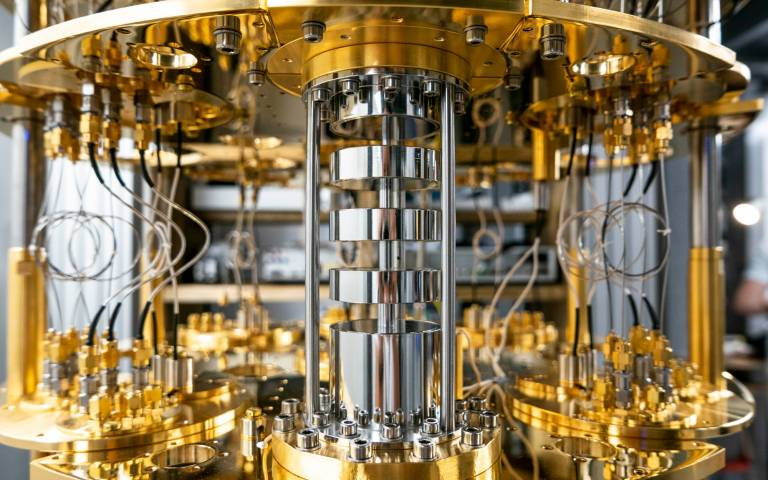How Do Quantum Computers Work and How Do They Differ from Classical Computers?
Quantum computers are a type of computer that uses quantum bits, or qubits, to store and process information. They are based on the principles of quantum mechanics, which is a fundamental theory in physics that explains the behavior of matter and energy on the atomic and subatomic scale. Quantum computers have the potential to perform certain types of calculations much faster than classical computers, and they could have a wide range of practical applications, including in the fields of medicine, finance, and cybersecurity.
So how do quantum computers work, and how do they differ from classical computers?
Classical computers store and process information using bits, which are units of information that can take on one of two values: 0 or 1. Quantum computers, on the other hand, store and process information using qubits, which can take on a range of values between 0 and 1. This is known as superposition, and it allows quantum computers to perform certain types of calculations much faster than classical computers.
Another key difference between quantum computers and classical computers is that quantum computers can perform a process called quantum entanglement, which allows them to perform certain types of calculations in parallel. In contrast, classical computers can only perform calculations sequentially, which makes them much slower for certain types of problems.
One of the main challenges of building quantum computers is that they are highly sensitive to their environment, and any kind of disturbance can cause them to "decohere," which means that their quantum state becomes scrambled and they can no longer perform calculations. This is a major challenge for researchers who are trying to build practical quantum computers, and it is an active area of research.
In conclusion, quantum computers are a type of computer that uses qubits to store and process information. They differ from classical computers in that they can perform calculations in superposition and quantum entanglement, which allows them to perform certain types of calculations much faster than classical computers. However, they are also highly sensitive to their environment, which makes them difficult to build and operate. Despite these challenges, researchers are making progress in building practical quantum computers, and it is likely that they will play an increasingly important role in the future.




